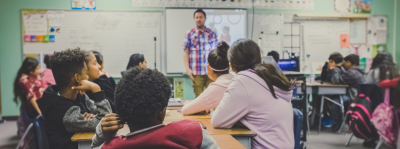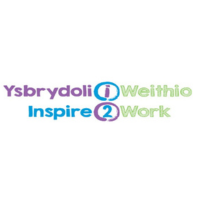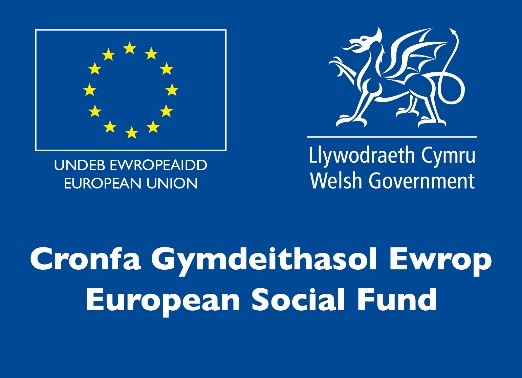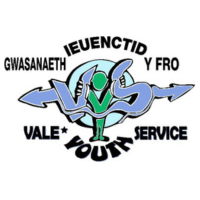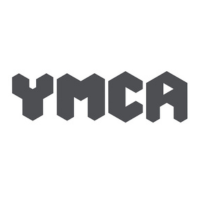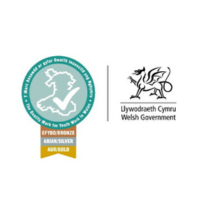- Category:
Education, Health and Wellbeing
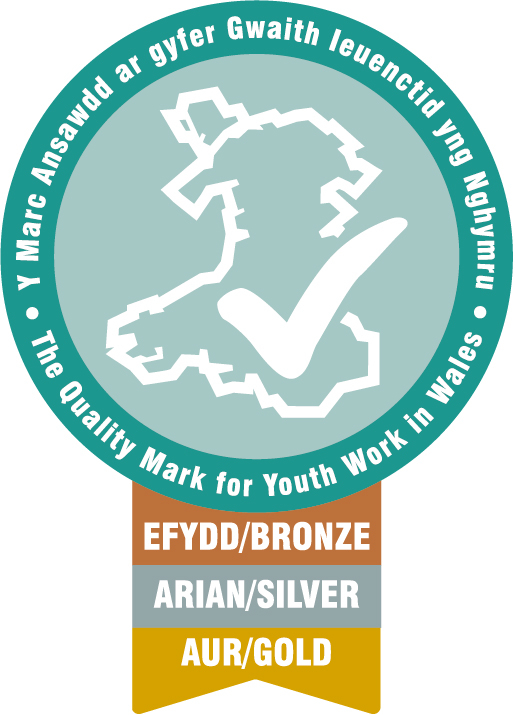
Organisation: YMCA Cardiff
Provision: The Healthy Relationships Project
Contacts: Caroline Ryan/Amy Stuart-Torrie
The Sexual Health Outreach Team (SHOT) has been delivering a targeted sexual health service for young people, through Families First funding since 2013.
- Provide targeted 1-1 support and group sessions for young people at risk in relation to healthy relationships and rights and responsibilities regarding sexual behaviour including advice on sexual health that follows best practice.
- Provide training and advice to other professionals who work with young people, in schools and in the community, so that they are able to provide appropriate, quality support for young people, and to ensure that young people have access to best practice advice and information in relation to sexual health and behaviour.
- Collaborate with other professionals to ensure that young people have access to services that are appropriate to the nature and level of their needs.
We currently provide specialist targeted 1-2-1 and group work for young people in regards to their sexual health and relationship needs. We work with young people on a 1-2-1 basis and in groups, dependant on the need, at various youth settings in Cardiff. Such as youth clubs, training providers, schools, colleges, young people’s hostels and other youth organisations.
Referrals are received from across Cardiff and highlight many different diverse sexual health and relationship needs. For example, risk of CSE, pregnancy testing, STI screening, healthy relationships, gender and trans issues to name but a few.
Cardiff YMCA maintains a multi-agency approach to this service to ensure young people’s needs are fully met, ensuring that young people receive help and intervention that is safe and effective and that promotes positive outcomes in regard to sexual health and relationships. The need for this project was identified through our co-ordination of the C-Card Scheme working in partnership with Public Health Wales. The vision for the Sexual Health Outreach team was to fill in the gaps in provisions around sexual health and relationships. Young people were asking for more support and in many cases, professionals did not have the capacity, specific knowledge or confidence to provide it within their job roles. The young people were central in identifying the need for specific one to one support and support accessing local sexual health services such as the NHS Department of Sexual Health.
Young people created the logo for the project via a Cardiff wide competition in partnership with Cardiff Young Peoples Partnership. From the outset a person-centred approach has been fundamental and young people have shaped the project and continue to do so.
Young people are involved from the initial meeting, with the planning of sessions, locations, session duration and timeframe. Each session is reviewed verbally and/or written and young people can reflect on their learning, and plan for the following session with their outreach worker. At the end of intervention each young person completes an evaluation, their input feeds into the project as we are constantly monitoring and evaluating the services to ensure best meet the needs of young people. Each young person completes and initial assessment such as the Outcome Ladder at the beginning of intervention which is reviewed after 6 sessions and at the final session. This allows us to identify distanced travelled in regard to learning and also to identify any additional areas of work, or pathways to sign post on. All data is logged on our Charity Log system so we can track engagement, progression and individual evaluations of the service. Each contact is logged, and this information provides important data that enables us to continually monitor and evaluate.
Young people have played an active role with the C-Card Scheme from the initial stages. Their participation can be confirmed through involvement in voting on condom brand preference, deciding on accessible locations and the design promotional materials. Young people have opportunity to contribute to an annual consultation, which directly feeds into the development of the scheme.
Our youth work is underpinned by the 5 pillars of youth work and in line with the National Occupational Standards for Youth Work.
The team use a variety of methods and approaches when working with young people, as each young person is different, with different needs, learning styles and backgrounds. But the fundamental approach is voluntary involvement, person centred, and user led. We have been adaptable, flexible and are driven by young people’s needs. The project is outreach in nature, and we work across many different settings such as school, home and in the community, predominantly one to one but we also deliver group sessions. We deliver formal, non-formal and informal learning. We encourage young people to engage in active and reflective learning, to be involved in their own learning process and embed their learning into real life situations.
There have been lessons learned, one for example is that we have always offered a flexible engagement timeframe and have never set a limit on intervention, however during one stage we had a long waiting list we tried to offer a more structured intervention. We tried to implement a 6-session intervention, but what we found is that due to the varying needs of young people and the importance of building a trusting relationship due to the nature of the work involved this just wasn’t feasible for many young people. Some simply need more time, some need the learning to be covered more than once and in different ways to enable effective comprehension, awareness and ability to use their learning in real life situations. So, we quickly reverted to an unlimited timeframe for intervention.
Another example is that the needs of young people have evolved, prior to COVID but exponentially during the lockdown, online safely and awareness of risky online behaviour became the most prevalent reason for referral. Particularly around the sending of explicit images became the most prevalent reason for referral. So, although we endeavour to work proactively, we also need to be reactive to changing circumstances and issues effecting young people.
Each week we review new referrals and look at prevalent issues, discuss what young people are saying and look at how we can adapt and change to best support young people, families and other services.
The service ensures appropriate provision for the following priority groups:
- Young people at risk of CSE
- Young people displaying inappropriate sexual behaviour
- Young people in or on the edge of care, and care leavers
- Young people who are not in education, employment or training
- Disabled young people (physical, sensory and learning disabilities
- Young people with emotional and mental health problems
- Young people who identify as LGBT+
On a personal level young people can develop a greater awareness of relationships, by understanding healthy relationships and identifying personal or increasing their awareness of unhealthy behaviours/ traits they are empowered to make good choices for themselves, build their confidence and be more self-aware. This can also positively impact friendships and family relationships.
By gaining a greater understanding of risk, it has great benefits to the individual as they can consider situations, behaviours and actions in terms of risk and again are empowered to make choices that keep them safer, this is has positive impact on family, the wider community, other young people and other services. Knowledge of sexual health benefits the individual, other young people and positively impacts local sexual health services. For young people having someone to support and advise them with correct up to date information, offering a safe space to explore sensitive topics, ask questions and build their knowledge is beneficial for them in all aspects.
The informal and one to one nature of the service not only benefits young people, but other services also. This is no other project locally that offers specific support of this kind as a result children’s services, education and health providers benefit from being able to refer on young people who they feel need this target support.
Our reporting shows that of the 31 young people we have completed intervention in the last quarter;
100% of young people rated SHOT very good or excellent
100% of young people found the workers helpful and approachable
100% of the young people were appropriately signposted to relevant sexual health services
Experience in supporting young people with healthy relationships and sexual health needs.
Benefits for the staff, organisation and volunteers are that partnerships and multiagency working is paramount in this project, so we build close working relationships with other professional organisations, such as health, children’s services, police and teachers. We have worked in partnership with Cardiff Council Children’s Services ThinkAgain! Service, Promo Cymru, SwitchedOn and Cardiff Youth Service to name a few. We attend pop up events, freshers’ fairs and school PSE days. We deliver one to one and groups work sessions and each day is varied, this in itself offers continual professional development for staff and volunteers. We take on placements from Cardiff University Youth and Community Work degree, this can benefit the individual as offers an insight into targeted and specific youth work around sexual health and relationships.
The project has been nominated for a YMCA Youth Matters Award and got the finals. The CSE Steering group won an Excellence award and also an Award for Outstanding Engagement and Investigation to Safeguard Children from the Regional Safeguarding Children Board. It is a huge moral boost for staff and volunteers who have been involved and extremely motivating for all staff, for themselves and the young people they work with to receive this recognition.
The Service considers the following guiding principles for Families First services in delivery arrangements:
- Family-focussed – services should take a whole family approach to improving outcomes
- Bespoke – services should be tailored to individual family circumstances
- Empowering – services should seek to empower families to take control of their lives, to give them an increased sense of ownership and investment in their outcomes
- Integrated - services should be effectively coordinated and planned to ensure a seamless progression for families between different interventions and programmes
- Intensive – a vigorous approach and relentless focus must be maintained which can adapt to families’ changing circumstances
- Local – services should address the needs of local communities and, where possible, seek opportunities to link in with other local programmes, including Flying Start and Supporting People
- Pro-active – seeking early identification of need and securing appropriate interventions in a timely way
- Sustainable – services should always seek to provide long-term sustainable solutions. They should seek to address the root causes of problems and not just the symptoms to enable families to continue to progress after intervention has ceased.
Currently funded until March 31st 2022
Please view links for further information:
www.ymcacardiff.wales
Healthy Relationship Service - YMCA Cardiff Group
Child Sexual Exploitation: Steering Group - YMCA Cardiff | GOV.WALES
https://youtu.be/2tXMpv7VeRQ Addysg Cymru / Education Wales interview
https://www.youtube.com/watch?v=QZHOxTt2ZFs Steering Group – What is Child Sexual Exploitation (English)
https://www.youtube.com/watch?v=8IsKsYN1Nbs Steering Group – What is Child Sexual Exploitation (Welsh)
https://www.youtube.com/watch?v=W7K7TwHHinQ Department of Sexual Health Clinic Information / Walk through Video

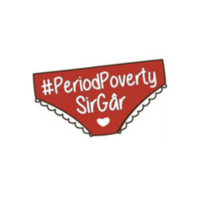
 Organisation: Carmarthenshire Youth Support Service
Organisation: Carmarthenshire Youth Support Service

